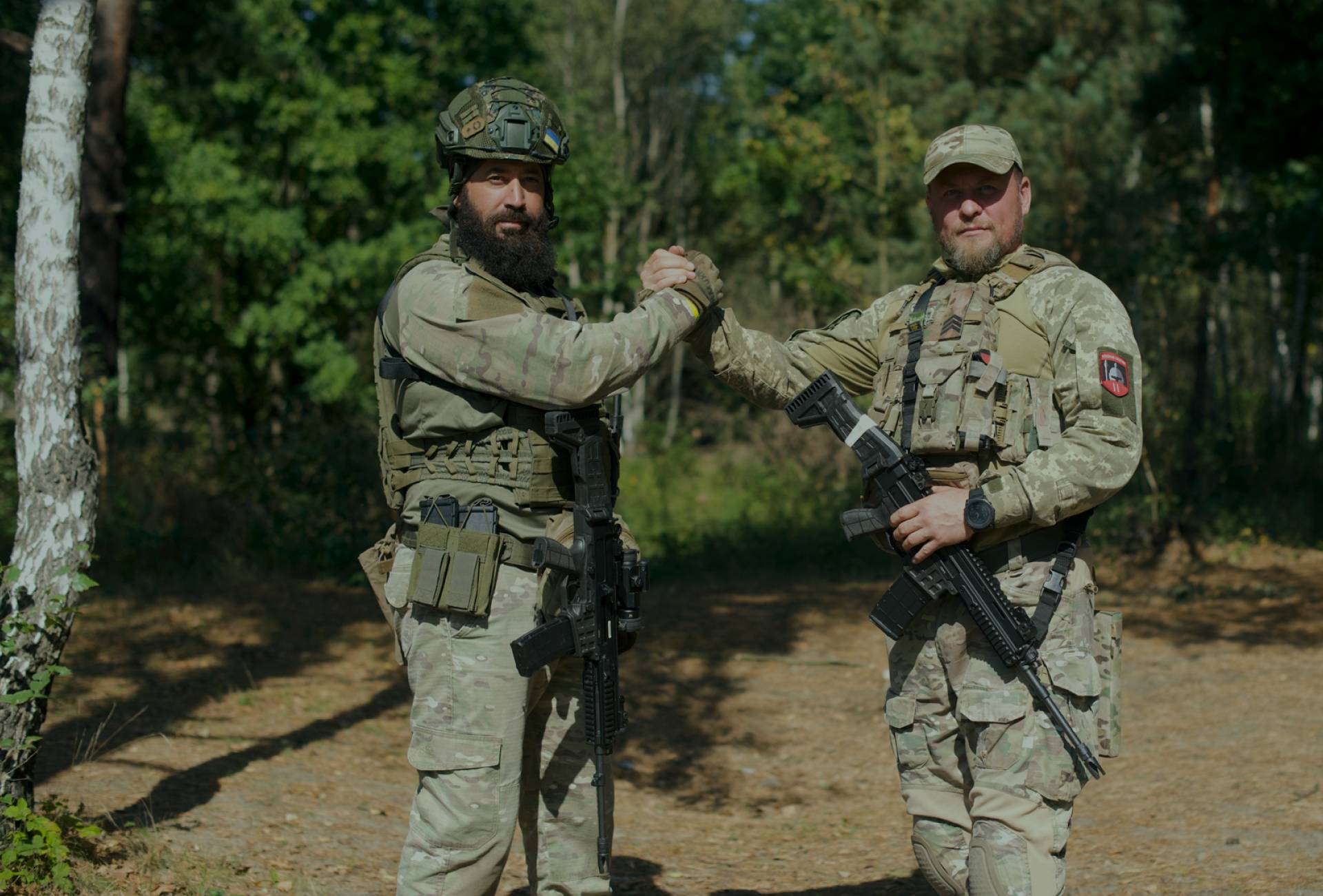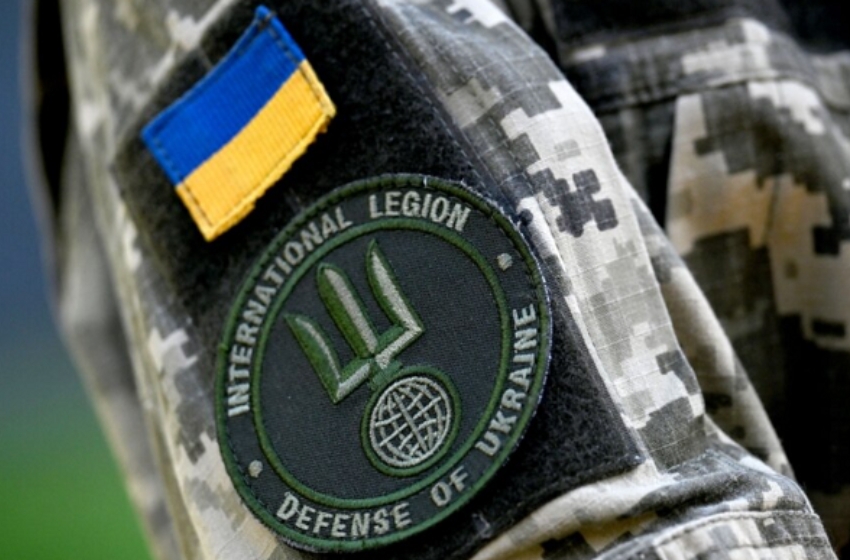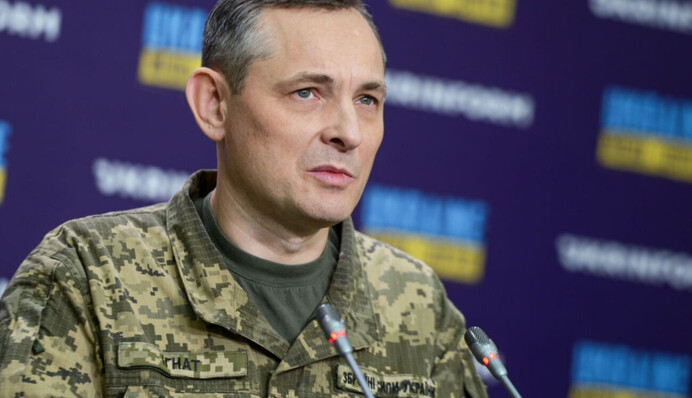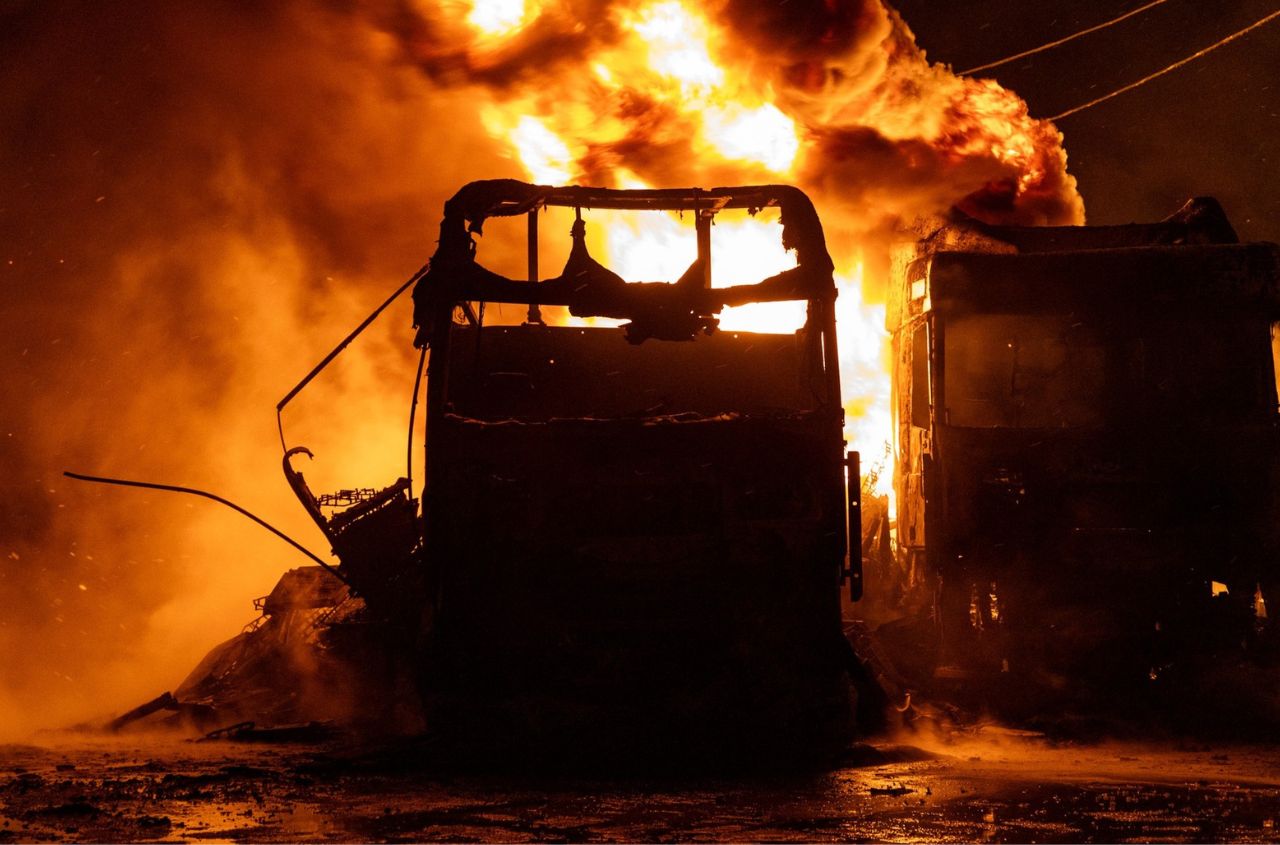The percentage of foreigners serving in the Armed Forces of Ukraine (AFU) has significantly increased, with citizens from 72 countries currently enlisted. Approximately 40% of them are from South America, according to Hromadske, citing Kostiantyn Milevskyi, Acting Head of the Department for Coordination of Military Service of Foreigners in the AFU.
“In the Armed Forces of Ukraine, we have people from 72 countries. As of now, about 40% are exclusively representatives of South America,” said Milevskyi.
He noted that at the beginning of the full-scale invasion, around 100–150 foreigners joined the AFU each month. Today, that number has grown to about 600. So far, more than 8,000 foreign volunteers have joined Ukraine’s ground forces.
This rise has been supported by the full-scale operation of the Foreign Recruitment Center and assistance from the state in helping willing individuals travel to Ukraine to oppose Russian aggression.
Milevskyi emphasized that all foreign soldiers receive equal benefits and pay as Ukrainian servicemembers.
“I keep repeating it everywhere: all foreigners who sign a contract with the Armed Forces of Ukraine become full-fledged servicemen of the AFU. They receive the same salary, additional payments, and full legal, social, and material support as Ukrainian citizens,” he stated.
Despite their service, foreign volunteers and their families continue to encounter serious challenges with legal status and social support in Ukraine. One of the most complex issues is handling cases involving fallen soldiers and assisting their families.
“One of the significant cases from our practice involves the family of a deceased foreign serviceman. His family is legally entitled to a one-time compensation payment equal to that received by Ukrainian citizens — 15 million UAH. However, due to the complicated documentation process and the logistical and organizational hurdles, such cases are extremely difficult and can drag on for a year,” explained lawyer Filipets.
Kostiantyn Milevskyi, Acting Head of the Department for Coordination of Military Service of Foreigners in the Armed Forces of Ukraine, acknowledged the problems:
“There are indeed issues. We’ve never had so many foreigners serving in our ranks before. We’ve never provided social services on this scale to such individuals.”
In the event of a foreign volunteer’s death, a family member or an authorized representative is required to travel to Ukraine — for example, to open a bank account in a state bank for the compensation to be paid.
“Unfortunately, some processes still require in-person presence. But believe me, things used to be much more complicated. In the past, commanders didn’t even know what to do when, say, the family of a missing foreigner reached out,” Milevskyi said.
He added that due to recent legislative changes, the procedure for submitting documents has been significantly simplified. Military units now advise families, help with paperwork, and send them templates for official requests.
“But yes, these processes still take time,” he admitted.

“We fully understand the families — they want to hear and know where their loved one is this very second. But there are certain procedures we simply cannot bypass,” said Kostiantyn Milevskyi, Acting Head of the Department for Coordination of Military Service of Foreigners in the Armed Forces of Ukraine.
He explained that families must submit official inquiries through their respective embassies, which then forward them to the Ministry of Defense.
“We receive the request, process it, and provide a response,” he said.
The number of foreign soldiers killed or missing in action while serving in the Ukrainian Armed Forces remains undisclosed.
However, Milevskyi emphasized: “The number is very small.”





















